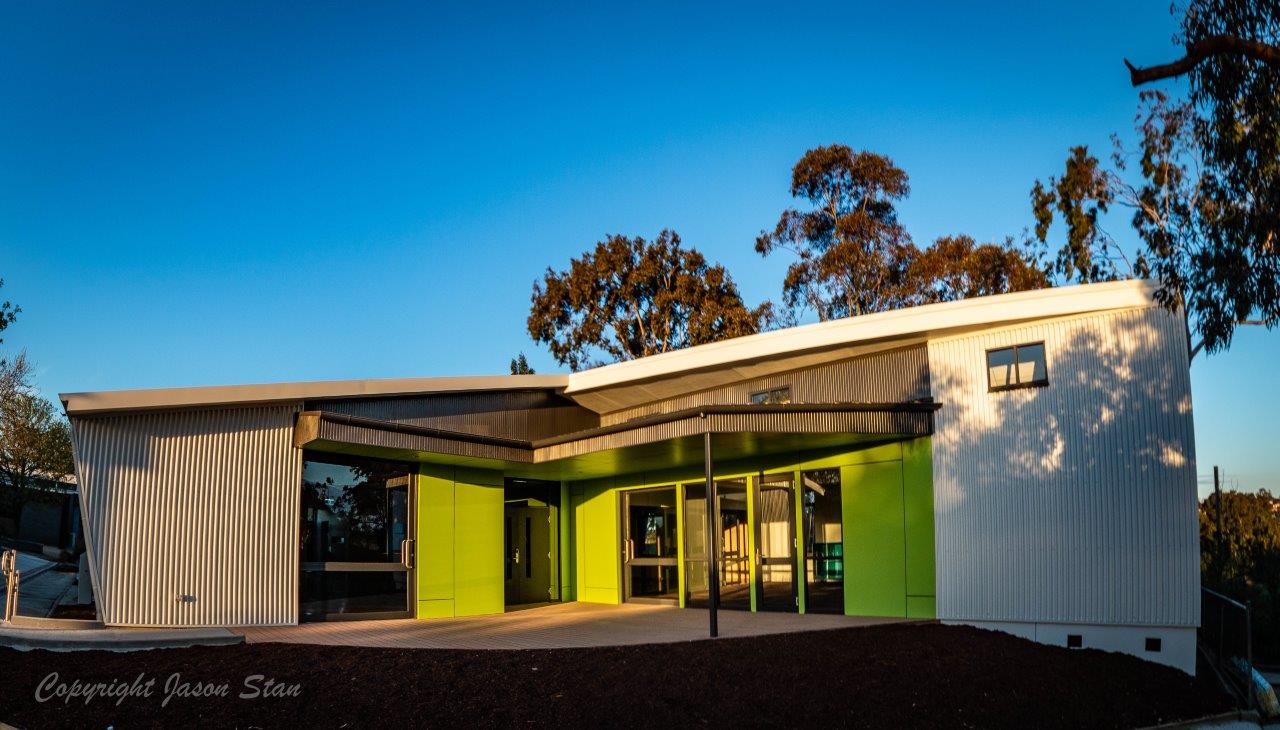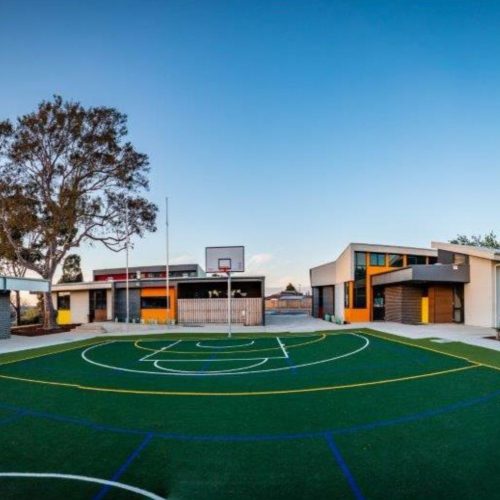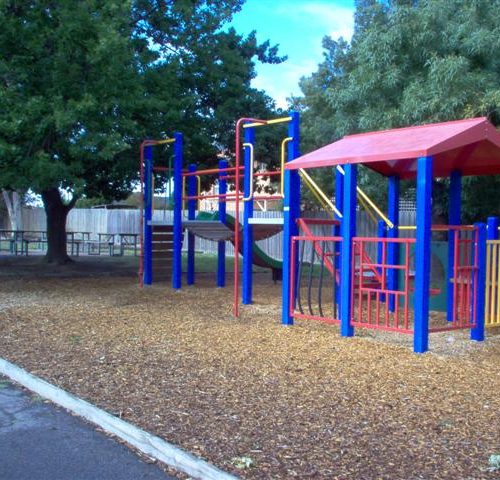IMPORTANT DATES!
TERM 3 2020

PRINCIPAL’S MESSAGE
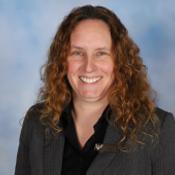
2021 Planning our School Structures
As you all get to know me better, you will discover that I am a bit of an education fanatic. I love learning about and implementing theory and practice and I love being in a role where I can reach so many and make a meaningful difference. I devour the works of the experts in the field and genuinely enjoy spending time interrogating data sets and using everything I have learnt along the way to improve. A few years ago I was lucky enough to be part of the Bastow Institutes ‘Leading Pedagogy’ program. The program consisted of a lecture series and an action research project for your school. On the first day of the lecture series professor John Hattie was the lecturer. Professor Hattie is certainly a numbers man. He has developed an effect size for student learning where the greater the effect size, the greater impact it has on the students’ academic, social and emotional growth. His research synthesises findings from 1400 meta-analyses of 80,000 studies involving 300 million students. During the lecture Hattie stated that anything below a .4 effect size was useless. Then he said to everyone in the room that they should turn to their principal and tell them that they are useless as the effect size for leadership was .32. Not my favourite memory but certainly food for thought as I look to support our school to implement what the evidence tells us is best for education and our students.
The evidence tells me that the effect size for collective teacher efficacy is 1.57. This is why it is so important to be collegiate and collaborative with our teachers as key stake holders. The evidence tells me that parental involvement has a .5 effect size. Just another reason to continue to have community forums and encourage our families to have a say and be part of the change that we want to engage in. The evidence also tells us that for students, self-efficacy has a .92 effect size. This means we need to value the insights our students have about their learning and what they want to do. The evidence in terms of our whole school levels of achievement led us to determine that we do want to improve and we may need to add things or alter some of our practices. We are by no means going to alter 1 thing and be contented with that because improvement is a continuous journey. We simply believe that engaging with our key stakeholders about significant changes will assist us to improve.
As we continue on our journey we will always use the data and evidence to propose changes. In the community forum I spoke about what our school data tells us and the areas we want to improve upon. This coupled with the effect size of multi-age classrooms (.04) led us to question our class structure. After reading through and examining the data collected during our community forum we are extremely pleased to be able to present a summary for you here today. When combining the PMI’s we noticed that for every comment in the minus column, there were two comments in the positive column. The comments in the plus column could largely be attributed to the academic benefits, the social benefits, the ease of implementation for teachers and the benefits of straight grades in the current COVID – 19 environment. Some comments included;
- – Children would know the people in their year level better. Would lessen anxiety around going into new grades each year.
- – We can better extend the kids at the top end of the class.
- – Better able to recognise students who are struggling.
- – Less repetition of content with some students not engaged because they have learnt it before.
- – Teachers would be able to better target students’ needs.
- – Full support for the single level classes, both academically and socially.
– Less complexity for the teachers within the classroom and opportunity for kids to meet most students within their own year level.
The comments in the minus column were also largely around the social and academic areas of student development. The following were some of the comments made;
- – Students get to experience being in the ‘top’ and ‘bottom’ academic levels of a class in composites. Straight age grades can lead to students only experiencing being ‘top’ or ‘bottom’ and not moving.
- – Less mixing in the school yard – as students will stick to year levels rather than mixing with those ‘above’ and ‘below’.
- – If your child is less mature split grade gives the child opportunity to mix with younger children.
- – Opportunity to consolidate learning by seeing the material twice, over 2 years.
There were also many comments in the interesting column that will assist us to develop our structures in the future and we greatly appreciate your time and community spirit. I would also like to take the time to thank all of those parents who were unable to attend the session but felt strongly about contributing and sent me an email. We have used your comments to compile our data also. This morning we worked with our students to ensure they have a genuine voice when it comes to significant decisions such as this one and we will work with our student leaders to compile these results. I anticipate we will have a decision by our next newsletter.
R U OK Day
One of our Year 6 leaders also reached out this week with a proposal for R U OK Day on the 10th of September. We do want to talk to all of our kids about this idea so on the 10th we will work with our kids to come up with some ideas. We know that this year schools and communities have really had to dig deep and find the positives and as we have seen it has been really difficult to maintain that positive attitude through the duration of the stage 4 lockdown. We did want to reduce the pressure and will survey the kids about wellbeing activities during R U OK Day. We have decided to run an academic free day on the 16th of September to focus on wellbeing. You will see in your Seesaw account next week that all activities set for the 16th will focus on wellbeing and just give each child an opportunity to be mindful in the moment.
Enjoy the sunshine that Spring has brought to us.
Kirrily Lamers
Principal
SUSTAINABILITY

STUDENT WELFARE
Raising Learners Podcast
The Department of Education and Training has funded a 10-episode podcast series through the Raising Children Network called ‘Raising Learners’. It features parenting experts from organisations including the Murdoch Children’s Research Institute, Career Education Association Victoria, as well as the Australian eSafety Commissioner, Julie Inman-Grant.
Raising Learners provides parents with practical advice, tips and ideas for supporting children’s health, wellbeing and engagement at school and at home. Topics include how to connect with your child’s school and community, how to best support your child’s learning, what to expect for VCE and VCAL students and how to keep your child safe online.
These topics were drawn from common questions that parents raised with the Department’s coronavirus (COVID-19) hotline and Parentline.
The first three episodes will be available on 1 September, and the rest throughout terms 3 and 4. Raising Learners can be accessed via podcast apps and Raising Children Network website.
Managing the Coronacoaster Webinar
Renowned child psychologist Dr Michael Carr-Gregg is back by popular demand to repeat his Coronacoaster webinar.
On 15 September, Dr Michael Carr-Gregg will again present Managing the Coronacoaster – Tips for building resilient families in the coronavirus era. His first webinar in August booked out in three days, with more than 12,000 registrations.
In this webinar, Dr Carr-Gregg provides tools and strategies for parents and carers to help manage the lockdown period and remote learning. Topics include:
- your supportive role
- setting the emotional tone
- focusing on what you can control
- how to deal with disappointment
- more resources and where to get help.
Webinar details
When: 7.30pm, Tuesday 15 September
Duration: 45-minute presentation, followed by a 15-minute question-and-answer session
Format: online via live stream
Cost: free
Register for the Managing the Coronacoaster webinar via Eventbrite
SUNSMART
Just a quick reminder that students attending school will now require a hat to participate in outdoor activities.

TEACHING AND LEARNING
The Learning 'Climbing Wall'
Many of you will already be familiar with the work of Carol Dweck around ‘Growth Mindset’. Dweck’s research stresses the importance of learning from our mistakes and the notion that having a ‘fixed’ mindset can close us off to opportunities and inhibit our learning.
Recent neuroscience research shows that our brains are extremely plastic and that we learn by testing out our hypothesis, not by always being correct. As learners, we make a hypothesis, try this out and then make adjustments to our original thinking. This is an ongoing process. For example, children commonly develop the belief that the length of your writing indicates how good you are as a writer. At around age seven, many children write stories that are 4-5 pages long but quickly learn that the length of the writing is less important than the quality of the writing. When children realise this, they have refined their hypothesis about writing, usually causing them to focus more attention on aspects such as vocabulary selection and clarity. So when learners adjust a hypothesis, they refine their understanding and skills as they consider their new knowledge and experiences. If learners fixate on the idea of being correct and mentally tick off a concept as ‘done’, they close themselves off to new ideas, experiences and skills that help deepen and refine their understanding. Hence, it is important that we reinforce to students the importance of ongoing learning and learning from mistakes as ways to help our brains grow.
It is also important to note that learning is not necessarily a linear process. Instead of imagining learning as a ladder going up in steps, we are better off visualising learning as a climbing wall with multiple pathways to reach the top. The climbing wall analogy also helps us to understand that we can make an error, backtrack or even start again and that this is part of the learning process. Children need to understand that making a mistake does not mean that they are not ‘smart’. Learning from a mistake is actually an indication they are agile and flexible as learners. It is in the process of navigating the climbing wall that is when the learning happens. The role of the teacher/parent is to help students to tackle this ‘climbing wall’ and persist in finding their pathway through it. We need to help learners to make adjustments, try a different way and encourage them to keep going, especially when it gets difficult.
ICAS 2020
2020 ICAS tests will be held on the following dates for those RGLPS students that are registered:
Monday 12th October ICAS Science
Monday 12th October ICAS Digitech
Tuesday 13th October ICAS Mathematics
Friday 16th October ICAS Spelling Bee
Tuesday 20th October ICAS English
It is hoped that by using the second ICAS sitting window, ICAS assessments will be able to be conducted and supervised onsite. If this is not possible, codes and links will be sent to registered students via the preferred email address listed on Compass. I ask that all parents ensure that the email address currently listed on Compass is up to date. Please note that registrations for the ICAS 2020 have now closed.
Maths Olympiad
The next Olympiad is on Wednesday 16th September 2020. Maths Olympiad team members are required to complete the Olympiad on this date in order for their results to be counted.
Term 4 2020 Year Level and Specialist Team Newsletters
Year Level and Specialist Team Newsletters will not be released until the start of Term 4 2020. This is due to the current uncertainty around when students will return to onsite learning. Thank-you for your understanding around the delay.
School Policies
A reminder that all current RGLPS policies are accessible for the school community via both the RGLPS website and Compass.
To locate school policies on Compass, please use the following pathway:
Community Icon -> School Documentation -> School Policies
Have a great week everyone!
Kerron Worsdell
Teaching and Learning Coach
SPORTS NEWS
Dear Parents and Students.
Well done to Jensen Ward and Emily Sellwood for participating in the SSV Virtual Track and Field this week! I am also very happy to share with you that Emily is currently in 1st Place for the 60m Sprint and in 2nd Place for the 400m and 800m in the Under 11 Girls category; what an achievement! Overall, our school is placed 15th of the 150 schools participating which is really great!
Here are the links if your child would like to participate:
If you would like to see the different events, follow this link https://www.ssv.vic.edu.au/Pages/SSVVirtualTrackandField.aspx
If you would like to enter your scores, follow this link https://form.jotform.com/201958028380053
If you would like to see where you have placed, follow this link https://docs.google.com/spreadsheets/d/13imU8Gx3t4N0LpMJtFlSTBZoWbjpb_kC22SuXY_E-Zk/edit#gid=491863273
It was great to see the students getting excited for ten pin bowling this week with lots of Strikes and Spares! Many of the students took on the challenge of completing the official scoring with bonus points for Strikes and Spares which was really great to see as they could apply their maths knowledge to a real world situation. As with any rolling or throwing, keep reminding your child to step forward with their opposite foot; this will help them keep balance and enable their throwing arm to continue in a straight line toward the target. If they throw from the standing position, their arm will go around their body on an arc which can then cause inaccuracy in their throw.
Have a great week,
Darren Peters
PE and Sports Coordinator
STATE RELIEF

CANTEEN
Recipe Share
Hi RGLPS families,
Have you had time to cook up some amazing recipes during iso? We would love it if you would share your favourites with our community. If you have a great recipe, please send it, with a photo of your masterpiece, to Deb at Deborah.Howard@eduation.vic.gov.au and we will get it into the newsletter for everyone to try out.

Due to current circumstances the canteen will be closed until further notice.
ENTERTAINMENT BOOKS

OSHC NEWS
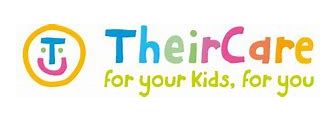

LUNCH TIME CLUBS
Unfortunately, we are unable to run lunch time clubs at this time.
COMMUNITY NEWS
Disclaimer: Rosanna Golf Links Primary School (RGLPS) does not endorse any product or service advertised in this newsletter. RGLPS takes no responsibility for the content of advertisements or the quality and reliability of products or services offered in the advertisements

